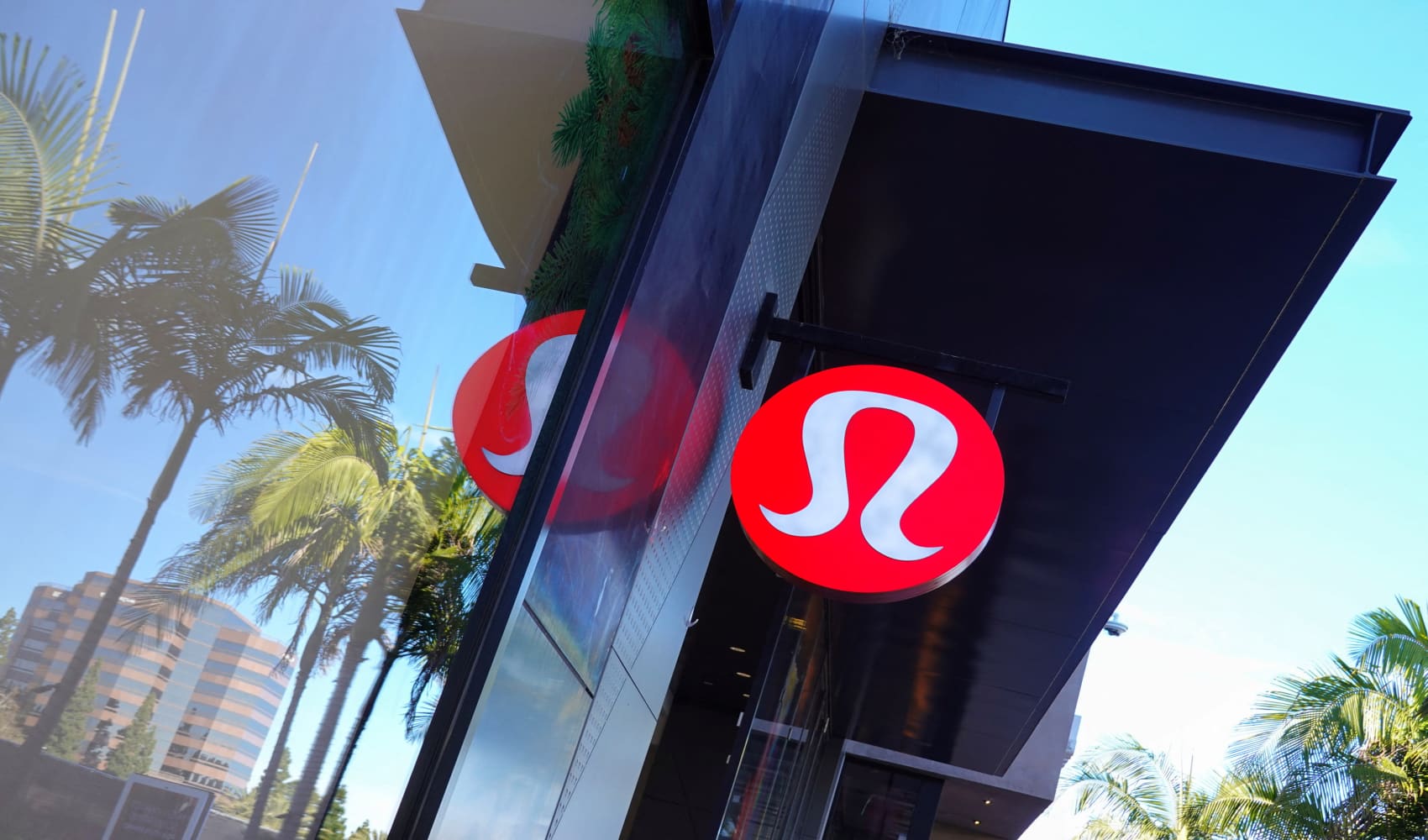NEW YORK – Investors are growing more confident that the bruised economy is starting to heal.
Stocks closed at their highest level in more than two months Thursday as investors sifted through a mix of earnings and economic reports and found reason to be optimistic.
The Dow Jones industrial average closed up 95.81, or 1.2 percent, at 8,125.43, its first close above 8,100 since Feb. 9. The Dow is now up 24 percent since skidding to a 12-year low on March 9 though the index is still down 42.6 percent from its peak of 14,164.53 in October 2007.
Nokia led tech stocks higher after the world's top mobile phone maker said it was maintaining its outlook for the phone market and had surpassed analyst expectations for sales during the first quarter. And JPMorgan Chase & Co. became the latest bank to report first-quarter earnings that were stronger than predicted.
The day's economic numbers also fed investors' optimism. The government's weekly unemployment claims fell more than expected for the second straight week and a snapshot of regional manufacturing from the Philadelphia Federal Reserve was better than expected. Home construction fell sharply last month, but analysts said that could help the real estate market work through an oversupply of homes.
Although investors do not yet know how well all of America's biggest companies fared in the first three months of the year, there is a growing sense that the economy and the market are starting to stabilize. That allowed Wall Street to build on a more than five-week rally that started on the earliest signs that the worst of the recession might be over.
"Investors are saying Armageddon is off the table, the (Category) 5 hurricane has passed," said Phil Orlando, chief equity market strategist at Federated Investors in New York. "They're starting to price in the end of the recession."
Business
Stocks turned higher late in the day after fluctuating earlier, repeating the pattern of Wednesday's trading. Some of the late buying was likely due to what's known as short covering. That occurs when investors who earlier sold borrowed stock on expectations of a market drop are forced to buy back those shares.
Broad stock indicators rose by bigger percentages. The Standard & Poor's 500 index rose 13.24, or 1.6 percent, to 865.30, and the Nasdaq composite index rose 43.64, or 2.7 percent, to 1,670.44, its highest finish of the year.
The Nasdaq is now up 5.9 percent in 2009. The index lagged the broader market Wednesday when Intel Corp. disappointed investors by declining to provide revenue forecasts.
The Russell 2000 index of smaller companies rose 12.75, or 2.8 percent, to 473.88.
It was unclear whether the buying would continue Friday, at least in tech stocks, after Google Inc. posted better-than-expected profits but moved lower after an initial jump in after-hours trading.
Two marquee companies, Citigroup Inc. and General Electric Co., were due to report earnings before the opening bell Friday and their results were expected to drive trading.
JPMorgan Chase rose 68 cents Thursday to $33.24. Nokia rose $1.52, or 11.4 percent, to $14.88.
Some regional banks got a boost after Regions Financial Corp. said it expects to report a first-quarter profit, driving its shares up 34 percent. Fifth Third Bancorp rose 6.9 percent, while Huntington Bancshares Inc. jumped 8.2 percent.
The rally in the market since early March has been driven in large part by growing optimism that the financial industry is on the mend.
"Things are not necessarily getting better, but they are getting less worse," said David Stepherson, a portfolio manager at Hardesty Capital Management in Baltimore.
Another bright spot came as traders jumped on an initial public offering of shares of Rosetta Stone Inc., a maker of language learning software. The stock, which trades under the symbol RST, jumped $7.12, or 39.6 percent, to $25.12 in its first day of trading.
Illinois Tool Works Inc. rose 6.4 percent after results from the industrial products company weren't as bad as expected. Industrial companies have been hit hard by the recession so the results indicated that the economy could be stabilizing.
There were some disappointments. Southwest Airlines Co. reported a bigger-than-expected loss in the first quarter as traffic fell in what the chief executive called the carrier's toughest revenue environment ever. The stock lost 7.1 percent.
A bankruptcy filing by the nation's second-largest mall operator, General Growth Properties Inc., brought another reminder of the economy's lingering troubles and the dearth of available credit.
Four stocks rose for every one that fell on the New York Stock Exchange, where consolidated volume came to 6.43 billion shares, compared with 6.07 billion traded Wednesday.
Meanwhile, bond prices fell, pushing the yield on the 10-year Treasury note up to 2.83 percent from 2.77 percent late Wednesday.
The dollar rose against other major currencies, while gold prices fell.
Overseas, Japan's Nikkei stock average rose 0.1 percent. Britain's FTSE 100 rose 2.1 percent, Germany's DAX index gained 1.3 percent, and France's CAC-40 rose 1.8 percent.



